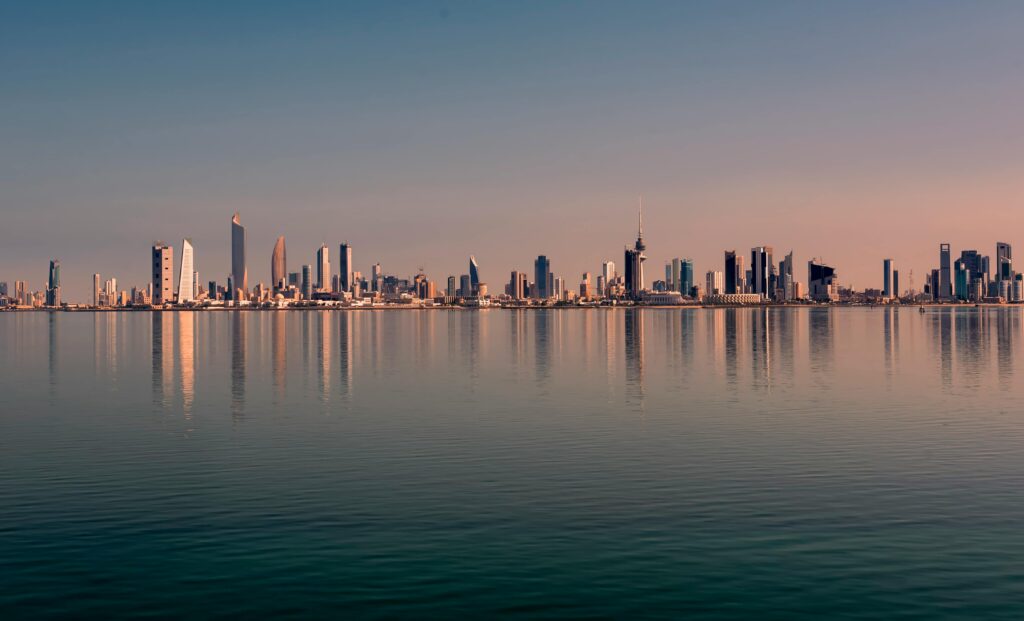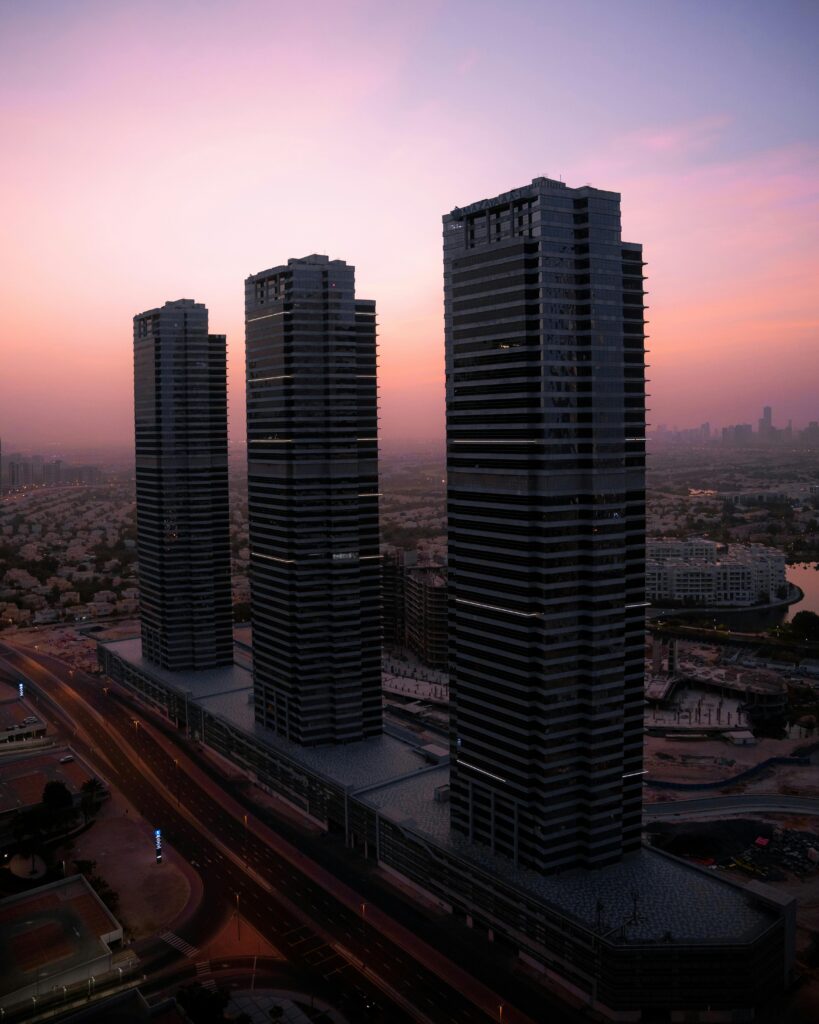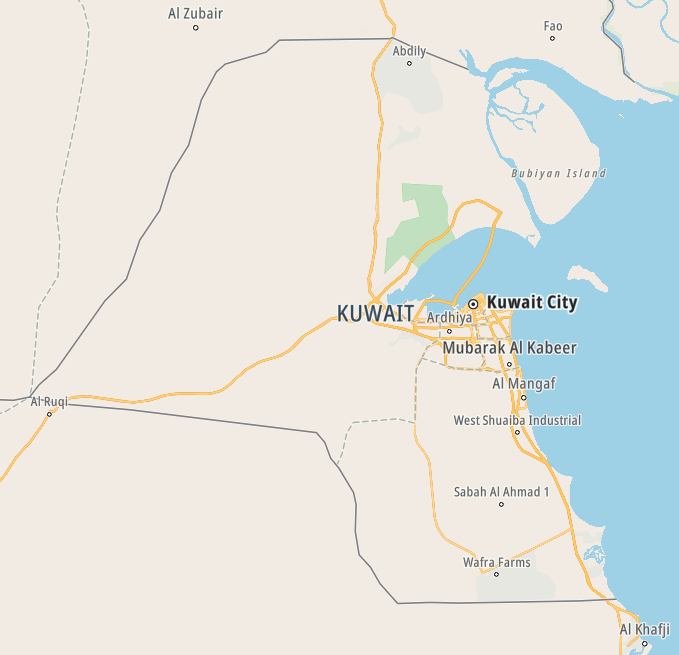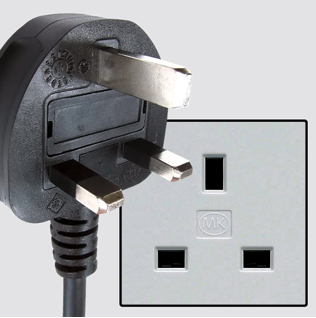Kuwait / دَوْلَةُ الْكُوَيْت – Let’s explore here

What’s it like in Kuwait?
Kuwait is a very rich, very small and very flat country in western Asia. Slightly smaller than Wales, UK, the terrain is almost entirely desert. The highest point is Al-Shiqāyā peak, at 1,004 ft (306 m) above sea level.
It’s actually an emirate and due to its oil wealth, its currency is currently the highest valued in the world (June 2023). Historically, it has a very long history as a trade port between Persia and India. Its neighbours are Iraq and Saudi Arabia.
The population of Kuwait is around three million people (2024), with almost all of them living in the capital, Kuwait City. Two thirds of the population are foreign nationals. It’s home to the world’s largest breeding colony of crab-plover.


A bit about the history of Kuwait
Early History and Settlement
Kuwait’s history dates back to ancient times, with evidence of early settlements in the area. The region has been a strategic location for trade due to its position on the Persian Gulf. Kuwait’s name is derived from the Arabic word ‘kut’, meaning ‘fort’, and the first known settlement in the area was a small fishing village. Over the centuries, various empires and states, including the Sumerians and the Babylonians, controlled the region.
Ottoman Empire and the Al-Sabah Dynasty
In the 16th century, Kuwait was part of the Ottoman Empire, although it was a relatively independent area within the larger empire. During this time, the Al-Sabah family, which would later become the ruling family of Kuwait, established its presence in the region. The Al-Sabah family ruled over the area from the 18th century, initially as local leaders under Ottoman suzerainty.
British Influence and Protectorate
By the late 19th century, Kuwait had become a key point of interest for both the British and the Ottoman Empire due to its strategic location and growing trade importance, particularly in the oil industry. In 1899, Kuwait entered into an agreement with the United Kingdom, establishing a British protectorate over the country. The British protected Kuwait’s sovereignty, especially against the threats from the Ottoman Empire and neighbouring states, while Kuwait remained largely self governed.
Discovery of Oil and Economic Growth
The discovery of oil in 1938 marked a transformative moment for Kuwait. In the years following, Kuwait became one of the richest countries in the world due to its vast oil reserves. Oil exports began in the 1940s, significantly boosting the economy and raising Kuwait’s international profile. The country rapidly modernised, with infrastructure projects and the establishment of key institutions, including a modern banking system and education system.
Independence and Modern Development
Kuwait gained independence from Britain on June 19, 1961, after British protection ended. The new state of Kuwait was recognised internationally, and the Al-Sabah family retained its position as the ruling dynasty. Following independence, Kuwait began to focus on developing its economy further and establishing itself as a significant player in the Arab world and the international community.
Invasion of Kuwait and Gulf War
On August 2, 1990, Kuwait was invaded by Iraq under the leadership of Saddam Hussein. The invasion was driven by territorial disputes and Iraq’s desire to control Kuwait’s vast oil reserves. The international community quickly condemned the invasion, and a coalition of forces led by the United States launched Operation Desert Storm to liberate Kuwait. The war ended in February 1991, and Kuwait regained its sovereignty. The invasion caused significant damage to the country’s infrastructure, but Kuwait began to rebuild and recover with international support.
Post-War Recovery and Modern Day
In the years following the Gulf War, Kuwait focused on reconstruction and modernisation. The country has since developed into a wealthy nation, with a strong economy driven by its oil exports. Kuwait has also been active in regional diplomacy, maintaining a policy of neutrality and moderation in the face of regional tensions. In recent years, Kuwait has worked to diversify its economy by investing in sectors outside of oil, such as finance, trade and real estate. Social reforms have also been gradually introduced, although the country still faces challenges related to political reform and civil rights.
Political System
Kuwait is a constitutional monarchy with a parliamentary system. The ruling Al-Sabah family holds significant power, with the Emir serving as the head of state. Kuwait also has a National Assembly, which is elected by citizens, though the ruling family retains considerable influence over the political process. The country has seen periods of political tension, particularly regarding the balance of power between the ruling family and elected officials, but it remains one of the more politically liberal countries in the Gulf region.
Current Issues and Regional Role
Kuwait continues to be a key player in the Middle East, especially in economic and diplomatic matters. While the country enjoys significant wealth and has a high standard of living, it faces challenges, including managing the diversification of its economy, dealing with political tensions, and addressing the needs of its large expatriate population. Despite these challenges, Kuwait remains an important regional player and continues to play a central role in global energy markets.

Kuwait road trip
We haven’t finished our planning for our road trip through Kuwait yet. When we do though, we’ll post it here, and in the blog.
Hopefully our journey will improve our knowledge of this intriguing and beautiful country, and enable us to meet some interesting people. We’ll be updating this page at that time – don’t forget to check back 🙂
Map of Kuwait

What’s it like to drive in Kuwait?
They drive on the right hand side of the road in Kuwait. In the main, roads are quite good, and there are many unsurfaced dirt tracks. Driving standards are also quite good.
Do you require an international driving permit in Kuwait?
We’ve created a dedicated page to driving abroad, which answers this question, and more, which you might find helpful.
Can you use your UK driving license when driving through Kuwait?
We’ve created a dedicated page to driving abroad, which answers this question, and more, which you might find helpful.
Do I need a carnet de passages to drive in Kuwait?
A carnet de passages is required to overland in Kuwait. We’ve created a dedicated page to driving abroad, which answers this question, and more, which you might find helpful.
What currency do they use in Kuwait?
In Kuwait they use the Kuwaiti dinar. Cash is widely used. The use of credit / debit cards is widely accepted, although not guaranteed. Travellers cheques are readily accepted in cities. There are many ATMs in cities and towns throughout the country.
You should make yourself aware of the amount that your bank charges you for using credit and debit cards abroad. Often credit cards are cheaper for purchasing items directly, and for withdrawing cash from ATMs.
What language do they speak in Kuwait?
They speak Arabic in Kuwait. English is also very widely spoken.
What time zone is Kuwait in?
Remember, when you’re planning your next trip to take a look at what time zone it’s in.
Do I need a visa to visit Kuwait?
We’ve created a dedicated, more comprehensive page on visas, which you should find helpful. Check it out!
Is wild camping legal in Kuwait?
Yes, wild camping is fine in Kuwait.
What plug / socket type do they use in Kuwait?
In Kuwait they use plug / socket types C and G.


Health issues in Kuwait
Is it safe to drink water in Kuwait?
Yes, it is safe to drink tap water in Kuwait. Bottled water is also readily available throughout the country.
What vaccinations are required for Kuwait?
This NHS website is kept up to date with all relevant information on vaccinations in Kuwait.
Phones in Kuwait
What is the country calling code for Kuwait?
The country calling code for Kuwait is +965
What are the emergency phone numbers in Kuwait?
- The emergency number for police in Kuwait is: 112
- In Kuwait, the emergency number for ambulance is: 112
- The emergency number for fire in Kuwait is: 112
If you’ve got some useful info that you’d like to share, let us know!
And don’t forget to check out all the other pictures!
